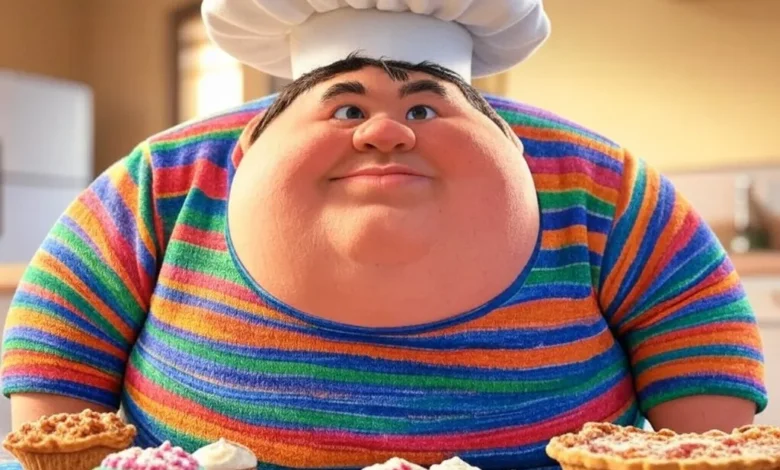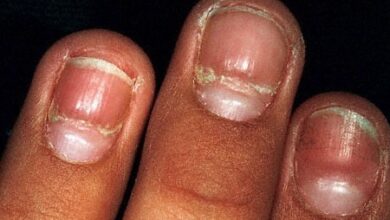Fat Jokes: Why They’ve Been Part of Comedy for Decades (and How to Do Them Right)

Humor has always reflected society, and for better or worse, fat jokes have had a long-standing presence in stand-up comedy, movies, and everyday conversations. These jokes—when done with sensitivity and creativity—can be funny, relatable, and even empowering. But like many forms of comedy, they walk a thin line between humor and harm.
In this article, we’ll explore the history of fat jokes, their role in pop culture, how modern comedians approach them, and how to tell fat jokes that are actually funny without being offensive. Whether you’re a comedian, a content creator, or just a fan of observational humor, you’ll find plenty to chew on here.
The History of Fat Jokes in Comedy
Fat jokes have existed for as long as people have been making jokes about physical appearance. In the vaudeville era and early Hollywood, fatness was often used as a comedic device—from over-the-top costumes to slapstick routines involving food or physical struggle.
Comedians like Oliver Hardy (of Laurel and Hardy) and Curly from The Three Stooges were beloved for their size as much as their antics. Their fatness wasn’t just a trait—it was a punchline. These jokes, while simple, relied heavily on visual gags, exaggerated movement, and the idea of the “lovable big guy.”
As comedy evolved, so did fat jokes. They began appearing in sitcoms, stand-up routines, and late-night shows. But not all were good-natured. Many jokes crossed the line, promoting harmful stereotypes and reinforcing the idea that being fat was inherently funny or shameful.
Fat Jokes in Pop Culture
From “The Nutty Professor” to “Shallow Hal” to animated characters like Peter Griffin or Homer Simpson, fat jokes became a pop culture staple. Entire plotlines were written around weight, overeating, or weight loss, often relying on outdated ideas or lazy writing.
But some characters flipped the script. Think of Fat Amy from Pitch Perfect—a character who owned the joke before anyone else could make it. She turned fat jokes on their head by being self-aware, confident, and hilarious.
This shift is part of a broader cultural trend: fat characters who are more than just comic relief. They’re real, funny, and multidimensional. This is what modern fat jokes should aim to be—smart, inclusive, and self-aware.
What Makes a Fat Joke Funny (and What Makes It Offensive)?
The best fat jokes don’t punch down. They punch up, sideways, or better yet, inward—with self-deprecating humor that feels authentic. It’s about laughing with, not at.
Here’s what to keep in mind:
- ✅ Make it relatable – Everyone has had a moment where they’ve eaten too much or struggled with body image. These shared experiences make great material.
- ✅ Keep it playful, not cruel – Good fat jokes should never shame. They should celebrate or laugh at the ridiculousness of life.
- ✅ Know your audience – What works in a comedy club might not work in a workplace or online.
- ❌ Avoid stereotypes – Jokes that assume all fat people are lazy, sloppy, or constantly eating are tired and offensive.
- ❌ Don’t joke about health – Making fun of medical conditions, eating disorders, or personal struggles is never okay.
Examples of Good-Natured Fat Jokes
Here are a few fat jokes that get laughs without crossing the line:
- “I’m not fat, I’m just easier to see.”
- “My six-pack is just protected by a layer of comfort.”
- “I tried that new ‘nothing but water’ diet. Turns out, water on cake still counts.”
- “I’m not saying I’m out of shape, but I did pull a muscle reaching for the remote.”
- “I thought about jogging once. But I saw someone doing it and they didn’t look happy.”
Notice how these jokes are light, clever, and—most importantly—about the speaker, not at someone else’s expense.
Fat Jokes in Stand-Up Comedy
Many stand-up comedians use their own body image as material. Stars like Gabriel Iglesias (a.k.a. Fluffy) and Lavell Crawford have built careers around fat jokes that are personal, joyful, and hilarious.
Fluffy even turned his size into a brand. His jokes about shopping for clothes, breaking chairs, or being out of breath aren’t about making fun of fatness—they’re about how everyday situations become comedic gold when you’re big and proud.
A great Fluffy-style joke:
“I don’t sweat. I leak gravy.”
The magic here is in delivery, self-love, and the ability to connect with the audience. It’s a reminder that fat jokes can be empowering when they come from a place of authenticity.
How Social Media Has Changed the Game
Platforms like TikTok, Twitter, and Instagram have created a space where fat creators tell their own jokes—and they do it on their own terms. Fat influencers use humor to challenge stereotypes, promote body positivity, and remind the world that size has nothing to do with being funny, smart, or stylish.
Hashtags like #BodyPositiveComedy and #FatAndFunny have introduced new voices into the conversation. And guess what? These creators aren’t the butt of the joke—they’re the ones telling it.
Are Fat Jokes Still Okay in 2025?
That depends on how they’re told. In today’s culture, context is everything. What might have been considered funny ten years ago could now be seen as insensitive or outdated. But that doesn’t mean fat jokes are gone—it means they’ve evolved.
Modern humor is more aware, more inclusive, and often smarter. The goal is no longer to mock but to relate. Fat jokes that embrace body diversity, celebrate confidence, and poke fun at life’s little quirks are not only still welcome—they’re needed.
Writing Your Own Fat Jokes: A Quick Guide
If you’re a writer, comic, or content creator, here’s how to write fat jokes that work:
- Write from experience – If you’ve lived it, you can laugh at it.
- Use wordplay – Puns and metaphors always make jokes more clever.
- Keep it light – Go for chuckles, not cringes.
- Flip the script – Take a stereotype and turn it on its head.
- Test your jokes – If it feels mean when you say it, it probably is.
Final Thoughts: Laugh Big, Love Bigger
Humor is one of the most powerful tools we have. It can bring people together, create understanding, and help us navigate even the trickiest topics. When it comes to fat jokes, the goal should never be to shame—it should be to celebrate, uplift, and relate.
So go ahead—crack that joke about your jeans being snug after Thanksgiving dinner. Laugh about how you treat your fridge like a second apartment. Just make sure your jokes come from a place of love, confidence, and truth.
you may also read ultranewstime.

